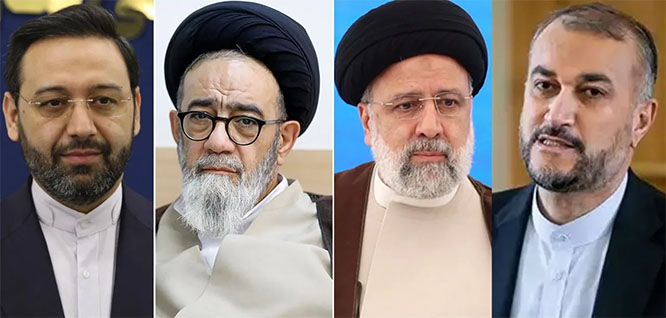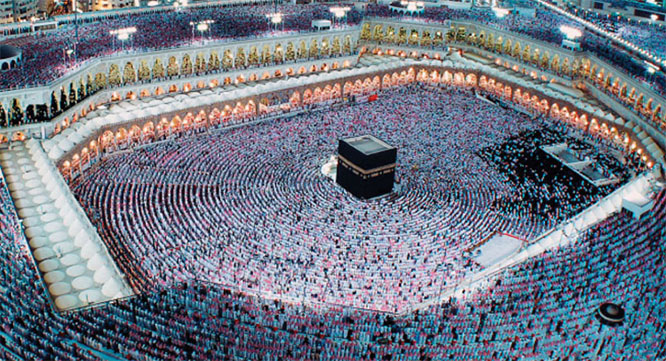
Jeddah, Nov 22: The government has mobilized its security forces after six mortar bombs landed near a remote Saudi border post close to neighboring Iraq and Kuwait on Wednesday. Nobody was hurt in the bombardment.
The mortar rounds hit a desert area on the far northwestern fringes of the Kingdom's oil-producing region and several hundred kilometers from the major fields operated by the world's largest oil exporter.
There was no word on who was behind the barrage, which occurred two days after twin suicide bombings killed 25 people near Iran's Embassy in Beirut. Saudi Arabia has condemned the Beirut bombings.
Maj. Gen. Mansour Al-Turki, Interior Ministry spokesman, said Iraq, Kuwait and Saudi Arabia were investigating the mortar fire. Baghdad said it was not involved.
“There were no rockets or anything fired toward the Saudi border by security forces," said Jabar Al-Saadi, head of the Basra provincial council's security committee.
Al-Turki said Saudi forces had not been put on higher alert after the unexplained bombardment. "This is an area very close to the Iraqi and Kuwaiti borders. So sometimes this could come from military training or many other reasons. We have to wait for the investigation to show where it happened," he said.
The mortars, that created small craters in the desert, fell in Auja, a Saudi township near the Iraqi border, 100 km north of Hafr Al-Baten in the Eastern Province.
Saudi military forces and equipment could be seen near the site while F-15 fighter jets and helicopters flew over.
“Thank God, nobody was injured in the attack,” said Gen. Mohammed Al-Ghamdi, spokesman of the Saudi Border Guard. He said he had contacted his counterparts in neighboring countries to locate the source of the firing to prevent any recurrence.
High-level security sources blamed the mortar attack on Shiite militias inside Iraq.
An Iranian-backed Iraqi Shiite militia had on Thursday warned the Kingdom to stop "meddling" in Iraqi affairs.
“The goal was to send a warning message to Saudis to tell them that their border stations and patrols are within our range of fire," Wathiq Al-Batat, commander of Iraq's Al-Mukhtar Army militia, told Reuters in Baghdad.
There was no independent confirmation that the militia was behind the mortar fire. Iran has not commented on the situation.
The Al-Mukhtar Army is a relatively new Shiite militia, which has said it is supported and funded by Iran. Batat is a former leader of the more well known Kataib Hezbollah militia.
“This is just the beginning and there will be more attacks if they (the Saudis) do not stop,” Batat said.
Mustafa Alani, an Iraqi security analyst with the Geneva and Jeddah-based Gulf Research Center, said Al-Mukhtar was among several Iraqi groups linked to Iranian intelligence.
“The timing is linked to the attack on the embassy (in Beirut)," he said, adding that the group might also have been trying to sabotage a call this month by Iraqi Prime Minister Nuri Al-Maliki for better ties with Saudi Arabia.
Meanwhile, Kuwait's Al-Anba newspaper said one mortar had fallen inside Kuwait about 800 meters from the border. The Kuwaiti Interior Ministry then sent a team to inspect the area, the paper said, adding that nobody was hurt in the incident.








Comments
Add new comment